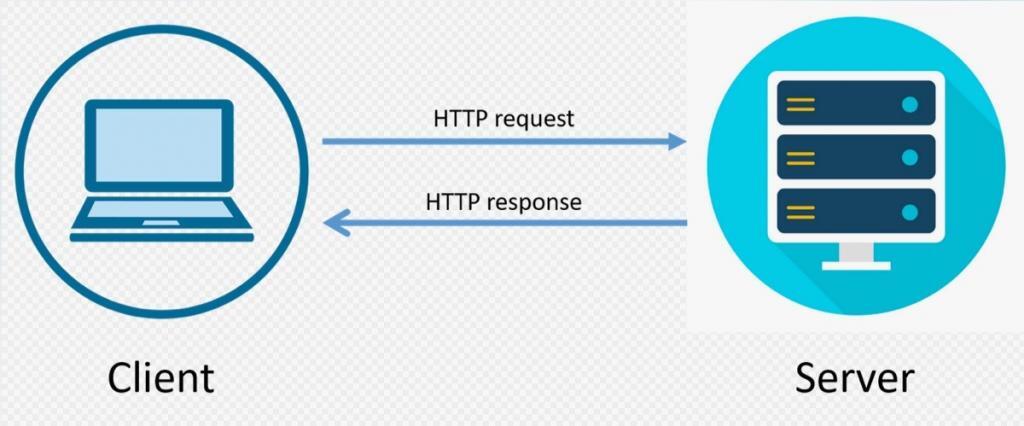![]()
Differences between HTTP and SOCKS proxies
A proxy server acts as a middleman between a client and a target server. It is used for various purposes, such as bypassing restrictions, enhancing online security and anonymity, and improving access speeds to specific resources.
Different Types of Proxy Servers: HTTP and SOCKS
Proxy servers come in various types, each serving different needs, such as HTTP and SOCKS proxies. But what distinguishes them, and how do you choose the most suitable one?
Features and Varieties of Modern Proxy Servers
Proxy servers today offer many features and come in different forms, including free and paid options with varying functionalities.
One of the key functions of a modern proxy server is its ability to provide anonymity and security online. By masking the user’s real IP address, it helps users avoid tracking and restrictions imposed by internet service providers (ISPs) or websites.
Additionally, modern proxies can provide extra features like data caching, which speeds up access to specific resources. They may also offer traffic filtering capabilities, blocking access to certain websites or content types.
Types of Proxies
There are several types of proxy servers, including:
- HTTP Proxies: Handle only HTTP traffic.
- HTTPS Proxies: Secure HTTP traffic.
- SOCKS Proxies: Manage various types of traffic.
- VPN Servers: Provide a higher level of security and anonymity but may be more complex and costly to use.
HTTP/HTTPS Proxies: Differences and Features
HTTP Proxy
HTTP (Hypertext Transfer Protocol) is used to transfer data between a web browser and a web server. HTTP proxies manage requests and responses using the HTTP protocol. They can modify headers, enabling functions like data caching, traffic filtering, and bypassing restrictions.

HTTPS Proxy
HTTPS (Hypertext Transfer Protocol Secure) is an extension of HTTP that facilitates secure data transmission over the internet. HTTPS proxies process requests and responses through the HTTPS protocol, ensuring secure data exchange between the client and server using encryption. HTTPS proxies can also perform tasks like caching and filtering.
The key difference between HTTP and HTTPS proxies is the level of security they provide. HTTPS proxies use encryption, making them a safer option for protecting data from interception and manipulation.
What is a SOCKS5 Proxy?
SOCKS5 (Socket Secure) is a protocol that allows applications to send data through a proxy server. It supports various types of traffic, including HTTP, FTP, and SMTP. SOCKS5 proxies can offer a higher degree of anonymity and security by encrypting transmitted data to protect it from interception and tampering.
HTTPS or SOCKS5: Which Should You Choose?
The primary distinction between SOCKS5 and HTTP/HTTPS proxies is that SOCKS5 does not alter the data transmitted through it. It simply forwards requests and responses without modification.
Choosing between SOCKS5 and HTTP/HTTPS proxies depends on the user’s specific needs:
- If you primarily need anonymity and security, a SOCKS5 proxy will suffice.
- If you require data caching or traffic filtering capabilities, an HTTP/HTTPS proxy is the better option.
Where to Find Reliable HTTPS and SOCKS5 Proxies
Belurk is a dependable service that offers access to high-quality proxy servers. Belurk provides a wide selection of proxy types, including HTTP and SOCKS5, allowing users to choose the best fit for their needs.
Belurk’s main advantage is its reliability, using only verified and trusted proxy servers that guarantee stable performance and high data transfer speeds. Moreover, Belurk enables users to select proxies based on various criteria such as location and speed.
The service features an intuitive interface, making it easy for users to configure and manage their proxy settings. Additionally, Belurk offers prompt technical support to help with any issues users may encounter.
Conclusion
Proxy servers are essential tools for ensuring online security and anonymity. HTTP, HTTPS, and SOCKS proxies each have their own strengths and limitations, and the right choice depends on the user’s specific requirements. We hope this guide helps you find the best proxy server to suit your needs.
